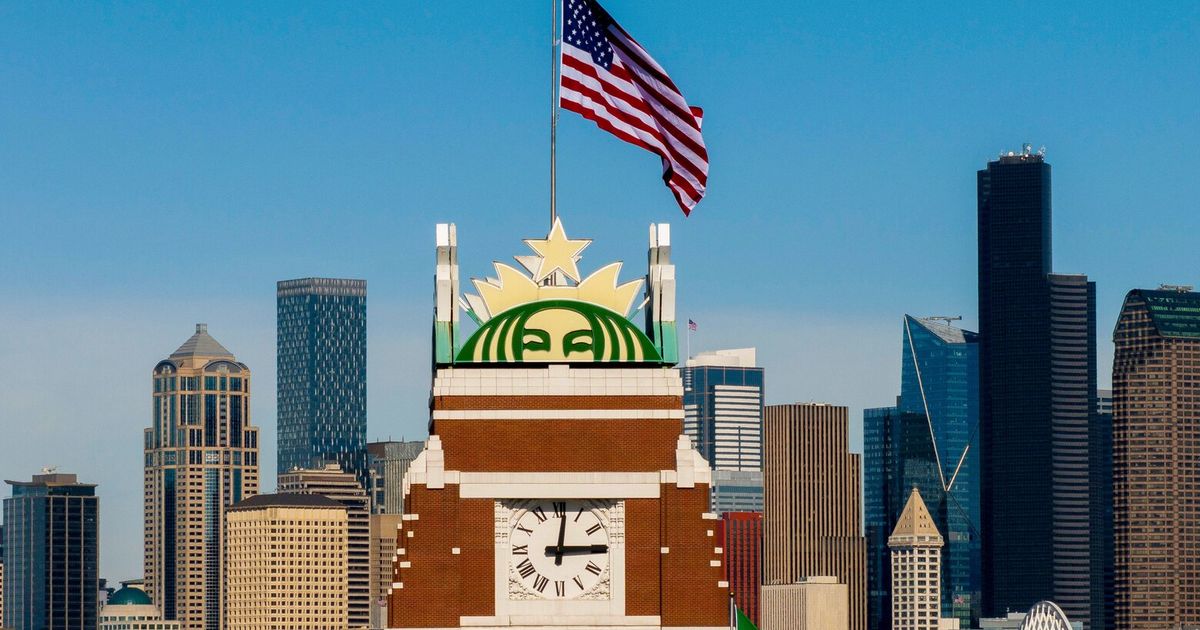The New Normal: Starbucks Tightens Work Policy

The New Normal: Starbucks Tightens Work Policy
As the pandemic continues to impact businesses, Starbucks has made a bold move in tightening their in-person work policy. The Seattle-based coffee giant has delivered an ultimatum to their employees: return to the office four days a week or take a buyout. This decision has sparked controversy and concern among employees who have grown accustomed to remote work. However, Starbucks stands firm in their decision, citing the importance of in-person collaboration and maintaining their company culture. This decision is not unique to Starbucks, as many companies are facing similar challenges in balancing remote work and in-person work.
About the Organizations Mentioned
Starbucks
Starbucks Corporation, founded in 1971 by Jerry Baldwin, Gordon Bowker, and Zev Siegl, began as a small coffee bean retailer at Seattle’s Pike Place Market. Inspired by the seafaring tradition of early coffee traders and the character Starbuck from Herman Melville’s *Moby Dick*, Starbucks initially focused on selling high-quality coffee beans, teas, and spices, with Alfred Peet’s roasting techniques shaping its early approach. The company’s commitment to quality and its unique branding quickly set it apart in the American coffee scene. A pivotal moment came in 1982 when Howard Schultz joined the company. After experiencing Italy’s vibrant coffeehouse culture, Schultz envisioned transforming Starbucks into a café experience, which led to the introduction of brewed coffee and espresso drinks. In 1987, Schultz acquired Starbucks and began rapid expansion, opening stores outside Seattle and eventually across the U.S. and internationally. By 1992, Starbucks went public, fueling further growth and innovation. Starbucks is renowned for its customer-centric innovations, including the introduction of the Frappuccino, the Starbucks Rewards loyalty program, and the pioneering use of stored-value cards, which provide significant cash flow advantages. The company has also excelled in global expansion, operating over 38,000 stores in more than 80 countries, while tailoring each location to reflect local culture and tastes. Today, Starbucks is a global leader in the coffee industry, known for its commitment to sustainability, community engagement, and digital transformation. Its mobile app, advanced supply chain technology, and data-driven customer insights have positioned it at the forefront of retail innovation. Starbucks continues to shape the way people around the world experience coffee, blending tradition with technology to foster human connection in every cup.







